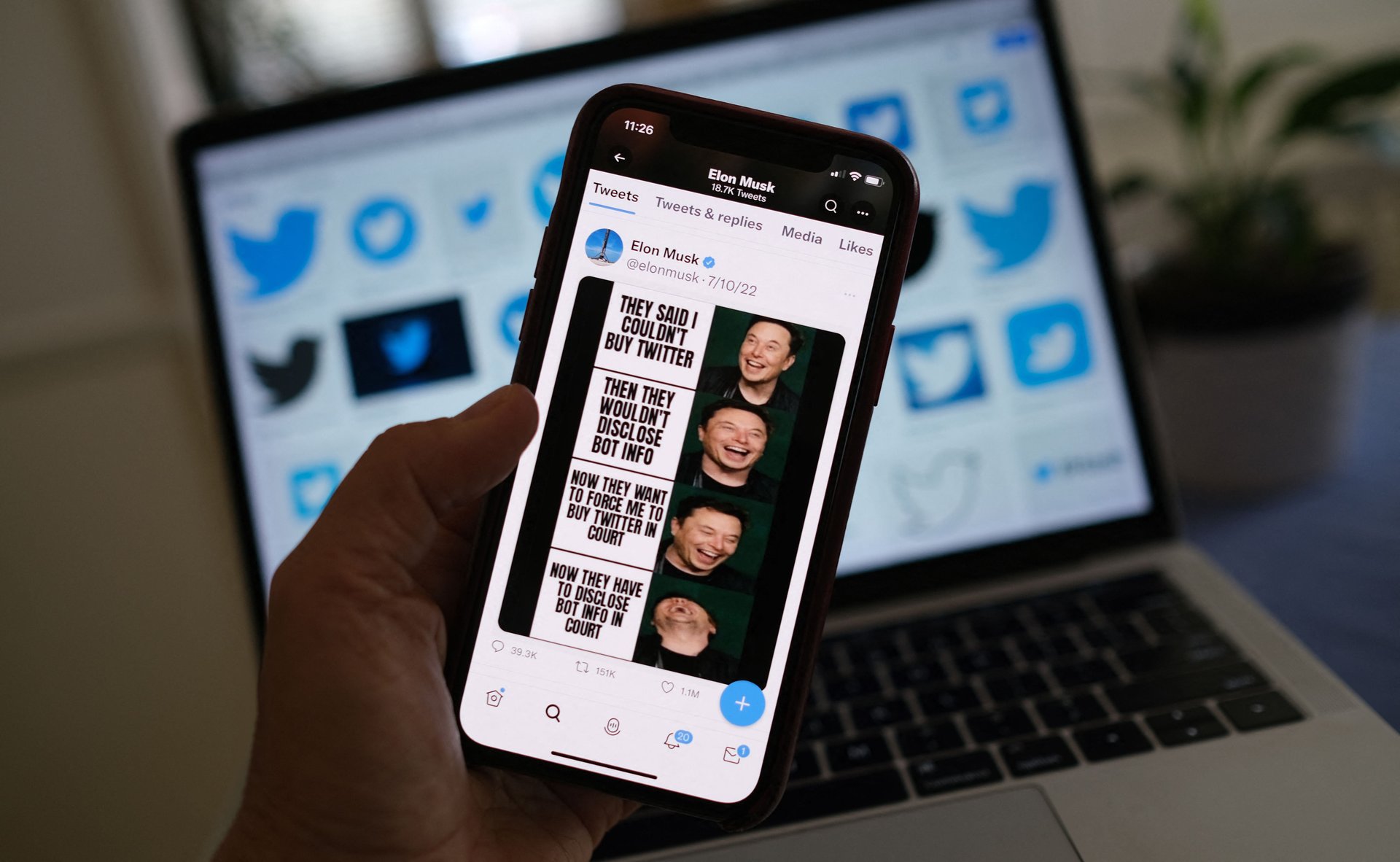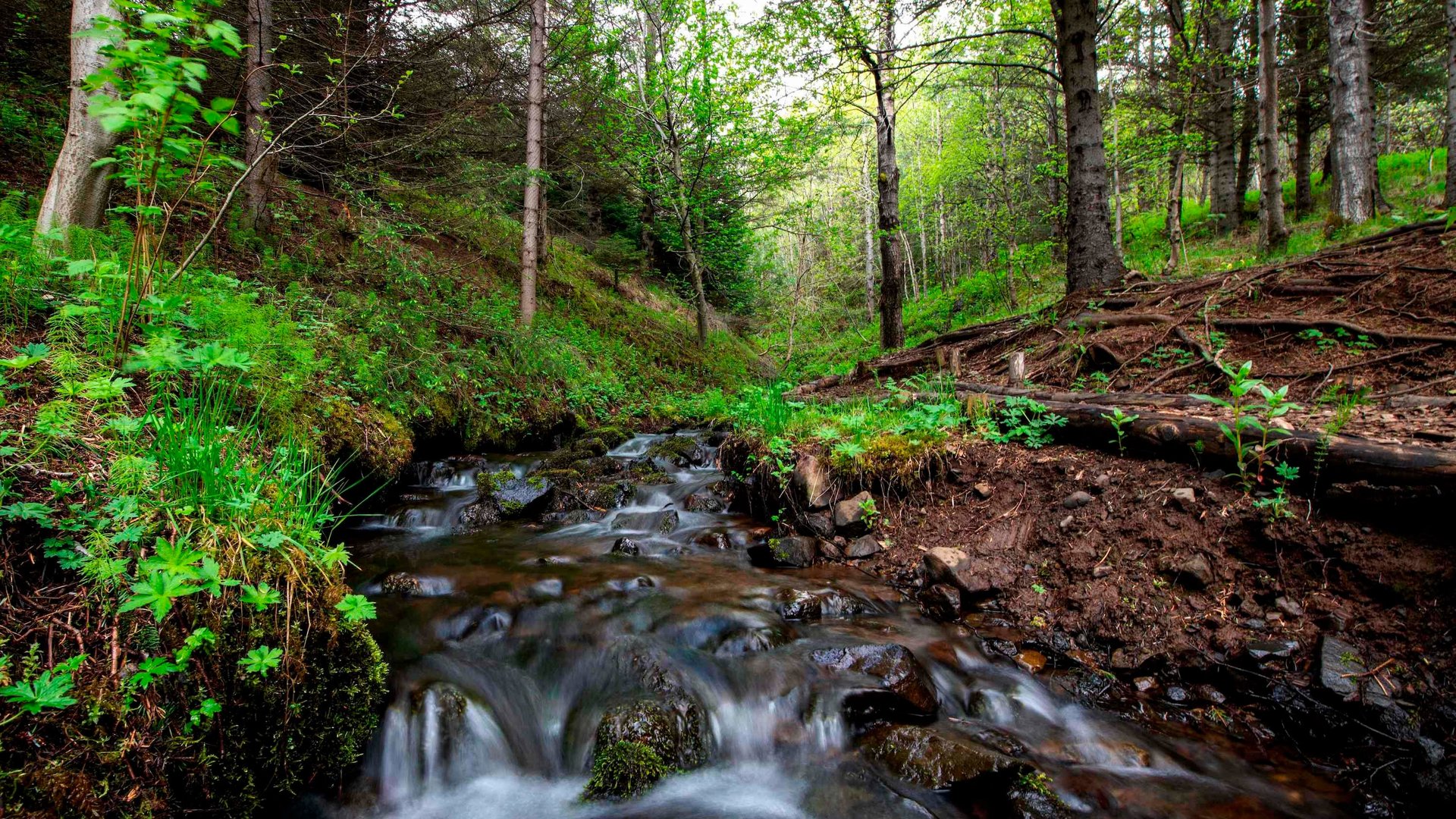🌎 Twitter: 1, Elon: 0
Good morning, Quartz readers!


Good morning, Quartz readers!
Here’s what you need to know
A Delaware court set the Twitter-Musk trial for this October. The decision counts as a win for Twitter, which called for an expedited trial.
Netflix lost 970,000 subscribers in the second quarter. The streaming service said it expects to add 1 million subscribers in the third quarter.
Chipotle shut down a Maine restaurant that had filed to unionize. The chain blamed staffing issues for the closure, but union leaders denounced it as an attempt to stifle workers.
Toys “R” Us is making a comeback. The bankrupted toy store chain will re-emerge in October with a spot in every Macy’s store in the US.
A US House bill protecting marriage equality passed in a 267-157 vote. The support of 47 Republicans offers hope for approval in the Senate.
The US disrupted a North Korean state-sponsored cyber attack targeting hospitals. Recovered ransomware payments will be returned to the victims.
Cuba can’t fix its power outages. The blackouts have plagued the island for months, and sparked social unrest last year.
What to watch for
Investors will be eager to know whether Tesla has overcome its supply chain challenges when the company reports earnings later today. Last quarter, Tesla’s production dropped for the first time in two years after the company was forced to halt work at its Shanghai factory during city-wide covid lockdowns. Although Tesla has since opened two new factories in Austin and Berlin, CEO Elon Musk has called the facilities “money furnaces,” suggesting they haven’t ramped up output as quickly as he would like.
Those challenges have raised doubts about whether Tesla will be able to meet its goal of growing sales at a 50% compounding rate by the end of the year. Analysts expect that Tesla will report a drop in sales and profits today—but they’ll be anxious to see the company reaffirm that it can get its growth back up to the skyrocketing pace they’ve become accustomed to.
Are the James Webb photos real?
Of course the James Webb Space Telescope photos are authentic! But it’d be wrong to call them photos. They’re actually data visualizations.
How does this work? The sensors on the telescope measure light energy and send that data back to earth, where it can be rendered into something humans can see. That process might make people suspicious of data manipulation. But scientists have standards to ensure that their visualizations convey useful information about the world. Plus, it’s nice they shared data from the universe with us in a medium we can understand.
What else are space scientists working on? Here’s a short reading list we’ve compiled for you:
Back on Earth, Iceland is resurrecting trees

When you think of Iceland, you probably think of rocky landscapes, not lush, green forests. In fact, if you lived there 100 years ago, chances are you would have never seen a tree.
That’s because when the Vikings arrived in Iceland more than 1,000 years ago, they razed the forests on the island for fuel, building material, and sheep grazing. While decimation of the country’s forests led to widespread soil erosion, foresters are seeing signs that restoration efforts are paying off. More native birch and hybrids that are better suited for climate change are being planted in the country, which will help enrich soil for farmers and offset some carbon emissions.
✦ Love stories like these? Your support keeps our journalism free and accessible to all. Become a Quartz member today and take 40% off!
Surprising discoveries
A diner spotted 100 million-year-old dinosaur footprints at a restaurant in China. That’s one way to put paleontology on the menu.
Astrophysicists discovered the first “dormant” black hole outside our galaxy. Known for debunking black hole discoveries, the team thinks they’ve found the “needle in a haystack.”
One in four UK households own a copy of Queen’s 1981 Greatest Hits album. The record became the first to sell 7 million copies in the country, breaking a chart record.
The technology behind some covid vaccines might save honeybees from parasites. The RNA-based syrup is meant to prevent varroa mites from reproducing.
The campaign to release Zack Snyder’s Justice League was boosted by bots. A higher number of fake accounts than usual apparently took part in the fan-led social media crusade.
Our best wishes for a productive day. Send any news, comments, casual dinners with dinosaurs, and Queen memorabilia to [email protected]. Reader support makes Quartz available to all—become a member. Today’s Daily Brief was brought to you by Sofia Lotto Persio, Julia Malleck, Nicolás Rivero, and Morgan Haefner.